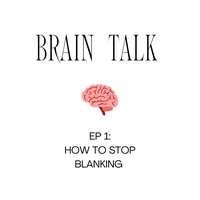Tematy dla Ciebie
Czy chcesz coś przekazać?
Wybór redakcji

What it's like to live in Portugal
2 głosy poparcia · 4 Komentarze

Conflict at Work: How to Handle Disagreements in English
3 głosy poparcia · 0 Komentarze

How to Give and Receive Constructive Feedback: Strategies for Success in the Workplace
63 głosy poparcia · 21 Komentarze

The Italian Periodo Ipotetico
11 głosy poparcia · 5 Komentarze

10 American Car Idioms You Should Know
33 głosy poparcia · 14 Komentarze

Why English Learners Struggle with Listening (and What to Do Instead)
26 głosy poparcia · 17 Komentarze

A Guide to Mouthwatering Chinese Street Food and How to Order It in Chinese
8 głosy poparcia · 4 Komentarze

March Madness and Sports English: Essential Phrases for Basketball Fans
15 głosy poparcia · 4 Komentarze

How to Resign from Your Job Professionally: A Guide for ESL Speakers
14 głosy poparcia · 4 Komentarze

Want to Learn Mandarin and Master Internet Slang? Try These Chinese Social Media Apps!
14 głosy poparcia · 6 Komentarze
Więcej artykułów


